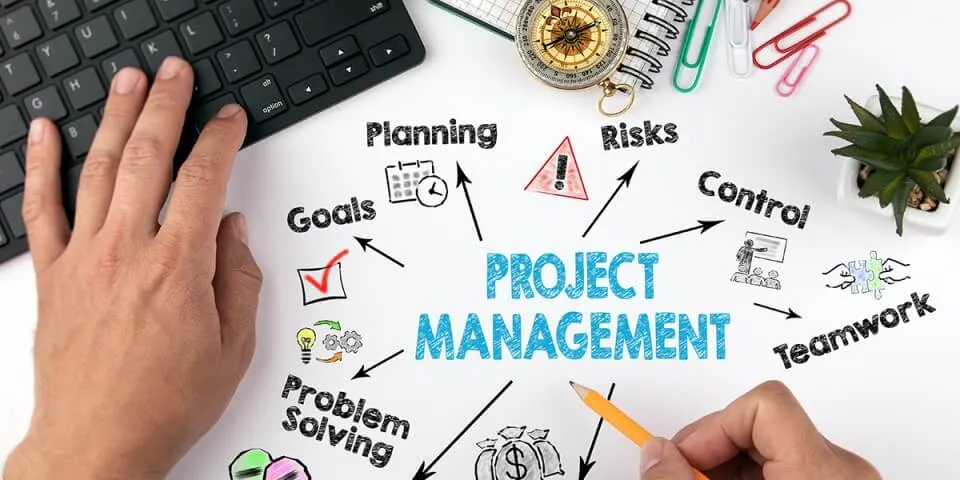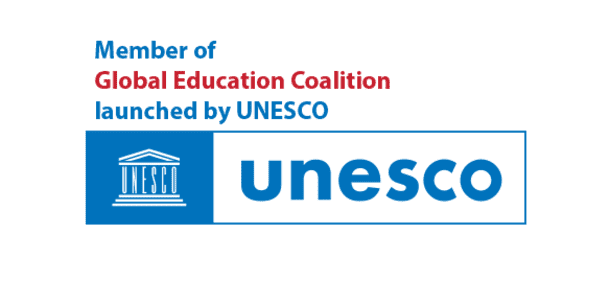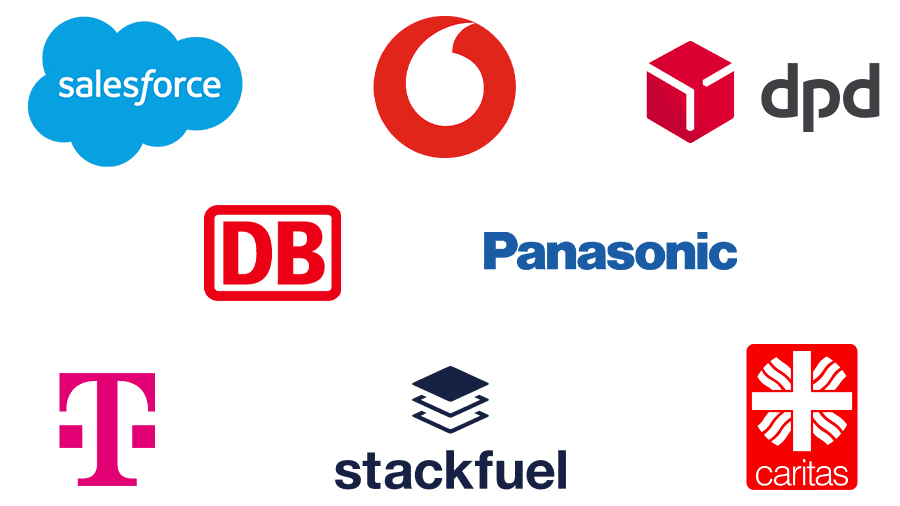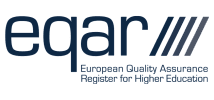
Project Management Professional (PMP) Prep
The Project Management Professional (PMP) Prep course is designed to prepare individuals for the PMP certification exam, recognized globally as a standard for project management excellence. This course covers the core concepts, methodologies, and best practices defined by the Project Management Institute (PMI) in the Project Management Body of Knowledge (PMBOK) Guide. Students will gain in-depth knowledge of project management processes, from initiation and planning to execution, monitoring, and closing, as well as key skills in leadership and stakeholder management.
Overview

Project Management Professional (PMP) Prep
Course Learning Objectives
Course Overview:
The Project Management Professional (PMP) prep course is designed to prepare students for the Project Management Professional (PMP) certification exam offered by the Project Management Institute (PMI). The course covers the knowledge, skills, and best practices required to successfully manage projects and earn the PMP certification.
Course Objectives:
Upon completing this course, students will be able to:
Understand the principles and practices of project management
Apply the Project Management Body of Knowledge (PMBOK) framework
Develop project plans, budgets, and schedules
Manage project scope, risks, and stakeholders
Control project progress and quality
Close out projects and evaluate their success
Competencies:
The course focuses on the following competencies:
Integration Management
Scope Management
Time Management
Cost Management
Quality Management
Resource Management
Communications Management
Risk Management
Procurement Management
Learning Outcomes:
Upon completing this course, students will be able to:
Demonstrate knowledge of project management concepts, principles, and best practices
Apply project management frameworks and tools to real-world scenarios
Develop effective project plans, including scope statements, WBS, and schedules
Identify and mitigate project risks and manage stakeholder expectations
Manage project budgets, costs, and resources effectively
Monitor and control project progress, quality, and scope
Close out projects successfully and evaluate their success
Key Topics:
Some of the key topics covered in the course include:
Project management framework and terminology
Initiating a project: defining scope, objectives, and stakeholders
Planning a project: creating a project charter, WBS, schedule, budget, and quality plan
Executing a project: managing resources, risks, communications, and procurements
Monitoring and controlling a project: tracking progress, identifying variances, and taking corrective action
Closing a project: documenting lessons learned and evaluating success
By completing this PMP prep course, students will gain a comprehensive understanding of project management principles and practices, preparing them for success on the PMP certification exam.

Benefits
With AI, the world is your oyster! It is an emerging field, rapidly growing, ever evolving and watched with a keen eye by industries and markets globally. There are many benefits to an education in AI:
In demand Career
With a Bachelor in artificial intelligence you are equipped with in-demand skills in the rapidly growing field of AI. Knowledge of developing AI systems, data analysis and AI techniques makes you valuable across industries, right from healthcare, finance, tech and more. This degree prepares you for career that has multiple options for diversification. AI professionals include AI engineers, data scientists, machine learning specialists, AI consultants, researchers and more. AI is transformative technology that is revolutionising the world. With an education background in AI, you are set up in an in-demand career field with an exciting future ahead!
Innovation and advancement
Applied AI is all about finding solutions and using AI systems to make life simpler. Applied AI draws on its solid foundation in Computer Science to analyse and provide solutions for real world challenges. You are prepared to address complex problems and contribute meaningfully in domains like healthcare diagnostics, fraud detection, autonomous vehicles, personalised recommendations and more. Being able to apply AI techniques for solving tasks makes for an extremely rewarding and impactful job role!
Solving real world problems
AI aims to constantly bridge the gap between natural intelligence and machine learning - it is a field of cutting edge research, innovation and advancing technology. This makes it ever evolving, with new algorithms, models and techniques being developed. By studying AI at an undergraduate level, you gain a strong foundation in AI fundamentals that help you better understand the latest advancements. You step into a career that empowers you to push the boundaries of AI, contribute to research and development and drive innovation in the field.
100% International
Study at your own pace from anywhere in the world
Recommended by 96% of our graduates
According to our latest alumni survey
50,000+ students
enrolled in Germany’s largest university
Study contents
Contents
Week 1-2: Introduction to Project Management
Study the Project Management Institute's (PMI) Project
Management Body of Knowledge (PMBOK Guide)
Understand the five process groups: Initiating, Planning, Executing, Monitoring and Control, and Closing
Familiarize yourself with the nine knowledge areas:
Integration Management, Scope Management, Time Management, Cost Management, Quality Management, Resource Management, Communications Management, Risk Management, and Procurement Management
Week 3-4: Initiating
Understand the Initiating process group and its related activities:
Developing a project charter
Identifying stakeholders
Defining project scope statement
Developing a preliminary project scope statement
Defining project management plan
Study the inputs and outputs of the Initiating process group
Week 5-6: Planning
Study the Planning process group and its related activities:
Developing a detailed project management plan
Defining project scope statement
Creating a work breakdown structure (WBS)
Estimating activity resources and durations
Developing a schedule
Establishing a budget
Understand the tools and techniques used in the Planning process group:
Network diagrams (Gantt charts)
Critical path method (CPM)
Program evaluation and review technique (PERT)
Resource allocation
Week 7-8: Executing
Study the Executing process group and its related activities:
Directing and managing project team
Coordinating activities
Executing project tasks
Obtaining project deliverables
Understand the inputs and outputs of the Executing process group
Week 9-10: Monitoring and Control
Study the Monitoring and Control process group and its related activities:
Tracking project progress
Identifying and addressing issues
Correcting deviations from the plan
Taking corrective action
Understand the inputs and outputs of the Monitoring and Control process group
Week 11-12: Closing
Study the Closing process group and its related activities:
Formalizing lessons learned
Documenting final product delivery
Obtaining final acceptance from stakeholders
Closing out contracts and procurement activities
Week 13-14: Review and Practice
Review all study material covered in previous weeks
Practice with sample questions and case studies to reinforce learning
Focus on weak areas and brush up on skills
Additional Tips
Make sure to review the PMI's PMP Exam Content Outline to understand what topics will be covered on the exam.
Use flashcards to help memorize key terms and concepts.
Join online forums or study groups to connect with other PMP aspirants.
Use practice exams to assess your knowledge and identify areas for improvement.
Stay focused, stay organized, and stay motivated!
Remember, this is just a general outline, and you should adjust it according to your learning style and pace. Make sure to take regular breaks, stay hydrated, and get plenty of sleep. Good luck on your PMP exam!
Admission
Admission Criteria
Eligibility Criteria:
Secondary degree (high school diploma, associate's degree or equivalent) with at least 35 hours of project management education
7,500 hours of project management experience with 35 hours of project management education (or 4,500 hours of project management experience with 35 hours of project management education and a four-year degree)
Pass the PMP exam
PMP Exam Format:
Multiple-choice questions (130)
Four hours to complete the exam
Passing score: 106 out of 200 questions
PMP Exam Content Outline:
The PMP exam is divided into five process groups and three knowledge areas:
Initiating Processes:
Integration Management, Scope Management, Time Management, Cost Management, Quality Management, Resource Allocation, and Communications Management
Planning Processes:
Integration Management, Scope Management, Time Management, Cost Management, Quality Management, and Communications Management
Careers
Start your career now
Step 1: Meet the Eligibility Criteria
Bachelor's degree (or equivalent)
At least 35 hours of project management education (PMBOK Guide, 7th edition or later)
4,500 hours of project management experience within the last 8 years (or 7,500 hours if you have a bachelor's degree in a related field)
A secondary degree (high school diploma, associate's degree, or equivalent) with at least 7,500 hours of project management experience within the last 8 years
Step 2: Study Materials and Resources
PMBOK Guide: This is the most essential resource for PMP exam preparation. Make sure you have the 7th edition or later.
PMP Exam Prep Course: Enroll in a reputable online course or study group to get structured guidance and support.
Practice Exams: Utilize practice exams to assess your knowledge and identify areas for improvement.
Flashcards: Create flashcards to help you memorize key terms and concepts.
Study Groups: Join online forums or local study groups to connect with other PMP aspirants.
Step 3: Focus on Key Areas
The PMP exam consists of 200 multiple-choice questions, divided into five process groups and nine knowledge areas.
Focus on the following key areas:
Integration Management: Plan, coordinate, and direct project activities.
Scope Management: Define and manage project scope.
Time Management: Plan and control project schedules.
Cost Management: Plan and control project budgets.
Quality Management: Plan and execute quality activities.
Resource Management: Plan and manage project resources.
Communications Management: Plan and execute project communications.
Risk Management: Identify, analyze, and respond to risks.
Procurement Management: Plan and manage contracts.
Step 4: Practice with Sample Questions
Practice with sample questions from various sources, including:
Project Management Institute (PMI) practice exams
Online study materials
Flashcards
Practice quizzes on websites like Quizlet or Kahoot
Step 5: Get Familiar with Exam Format
Familiarize yourself with the exam format:
Multiple-choice questions: 200 questions, divided into five process groups
Exam duration: Four hours
Question types: Single-answer, multiple-answer, matching, and scenario-based questions
Step 6: Stay Motivated
Stay motivated by:
Setting a study schedule
Breaking your study plan into manageable chunks
Rewarding yourself after reaching milestones
Joining a study group or online community
Celebrating small victories along the way
Step 7: Prepare for Exam Day
On exam day:
Arrive early
Bring required documents (e.g., ID, exam confirmation letter)
Familiarize yourself with the exam room and equipment
Read the instructions carefully
Manage your time effectively
Student reviews
Coming Soon.
Tuition fees
Project Management Professional (PMP) Prep (Duration 4 Month)
350 $
70 $ / MonthAll our study programmes include the following benefits
- Teaching and study material
- Marking of your end-of-module exams
- Monthly live and recorded tutorials
- Use of the online campus
- Individual study coaching
- Online exams
- Career coaching
- Learn English for free
Our global recognition

IU is recognised by WES Canada and U.S., which means your degree can be converted to points in the local system for purposes of immigration, work, or studies.

As the first EU institution in UNESCO's Global Education Coalition, IU is committed to ensuring accessible quality education to students in crisis worldwide through free online micro-credentials.
Our company partners

For over 20 years, IU has established partnerships with leading global companies. This offers you the chance to gain firsthand experience through internships and projects and allow us to adapt our learning content to the ever-evolving needs of the labour market. You'll benefit from an education designed to bridge the gap between theory and real-world practice, ensuring your readiness for your future career.
Recognition
Recognition of previous achievements
Have you already completed a training course, studied at a university or gained work experience? Have you completed a course or a learning path through EPIBM LinkedIn Learning, and earned a certificate? Then you have the opportunity to get your previous achievements recognised, and complete your studies at EPIBM sooner.

Save time:
Skip individual modules or whole semesters!
Even before you apply for a study programme, we’ll gladly check whether we can take your previous achievements into account: 100% online, no strings attached. Simply fill in our recognition application form, which you can find under the content section of each study programme's webpage, and upload it via our upload section. You can also e-mail it to us, or send it via post.
Send an email to [email protected] to find out which previous achievements you can get recognised. You can get your previous achievements recognised during your studies.
Recognition files
Autonomous vehicles developer
With AI, the world is your oyster! It is an emerging field, rapidly growing, ever evolving and watched with a keen eye by industries and markets globally. There are many benefits to an education in AI:
That’s why after graduating, you’ll be able to apply your professional skills and knowledge, and work for development teams at any sector you find appealing.


Augmented reality (AR/VR) developer
Virtual (or augmented) reality isn’t all just fun and games, as great and enjoyable as that aspect is. It can also be used for groundbreaking social and psychological research, defensive purposes and therapy.
With an Applied Artificial Intelligence degree from IU University of Applied Sciences, you can take part in this vital field of technological development, and work on a wide variety of interesting projects.
Change what the world thinks about the possibilities that AI offers, and make a real difference in people’s lives, while enjoying every step of the process.
F.A.Q
Frequently Asked Questions
You might also be interested in these study programmes
Accredited and certified













